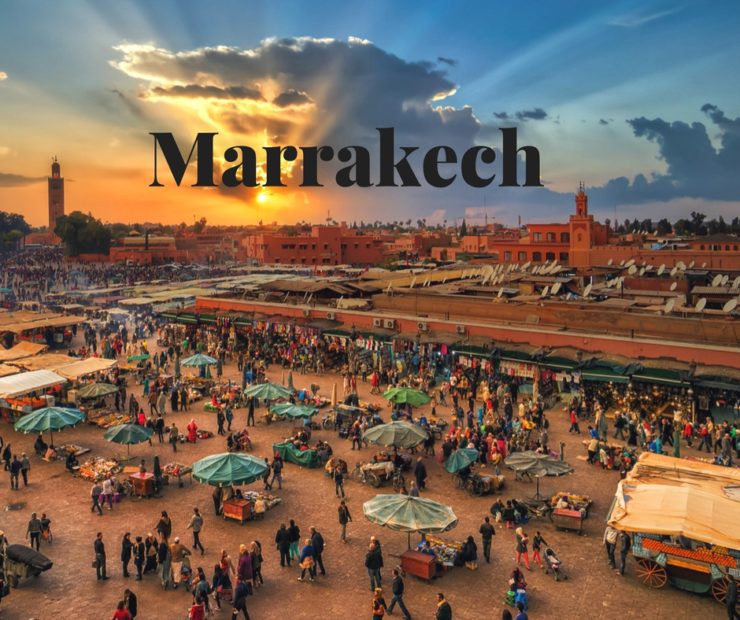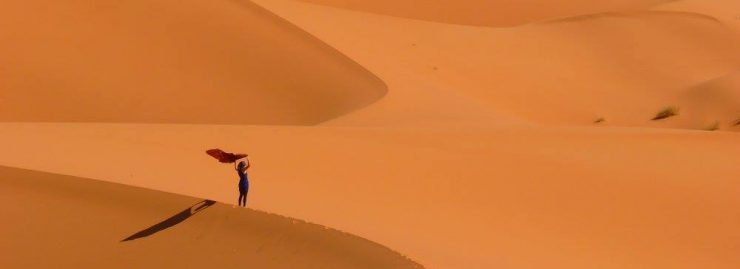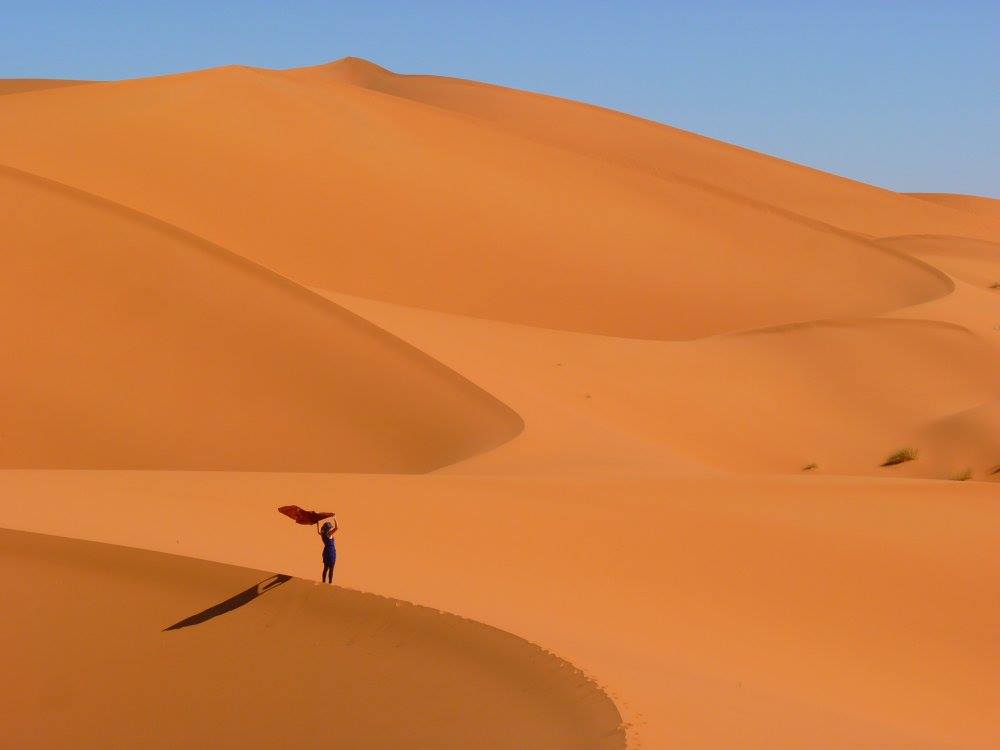So you’re planning your holiday in Morocco and you go a Morocco travel guide like the Lonely Planet and learn that:
Morocco is the thrill of a hidden alley
Morocco is a salty breeze
Morocoo is the richness of the desert
It seems unlikely many Moroccans would give these answers if they were asked what is Morocco? Nor would you come out with such cliches if someone asked about the essence of your country, unless you happen to be a travel guide writer. But these are the images that sell and the Morocco tourism industry, like any other, is intent on selling the country in terms tourists can understand.

Since Ryanair and Easyjet started flying to Marrakech and Fes, it became easier to travel in Morocco. The locals got used to all the bright, white faces walking past their doorways in search of hidden alleys, and, those who could, dedicated themselves to learning English to make money out of them. Nonetheless it can be frustrating to live in Morocco, within spitting distance of Spain, and be unable to travel to Europe while millions of tourists come the other way looking for the real Morocco.
Those with travel guides on their smartphones (a lot lighter than carrying the original tomes) might learn that: ‘Marrakesh has been a trading town since the 11th century and it can still satisfy the most ardent shopaholic’ but others, who see a country as more than a big mall, come looking for more authentic experiences. I read an article in the Guardian, Walking Morocco’s beaches, with a yoga retreat thrown in for good measure, in which a slightly dizzy journalist finds walking with the nomads a bit hot and dusty and ‘so I simply stripped down to my bikini and ran into the sea.’ She thinks she’s walking with Tuaregs because they’re wearing some blue robes but everyone in Morocco knows you don’t generally find Tuaregs in the country, just enterprising Arabs in the right costumes for tourist expectations.
So what?
The truly sad thing about tourism is that it reduces people and places to objects to be photographed, experiences to be consumed. The travel writer, Paul Theroux, put it best when he wrote that ‘tourists don’t know where they’ve been, travellers don’t know where they’re going’. When you really travel in Morocco then you take the time to make connections with Moroccans, with the nature itself. That takes time and effort. Two things that aren’t on most people’s packing list when planning their Morocco trip.
But though the average tourist or traveller in Morocco couldn’t tell a Berber from an Arab from a Tuareg, it doesn’t really matter. The money that the taxi drivers, touts, guides, guesthouses and shops take off you goes mostly to local pockets and supports the Moroccan economy. It doesn’t matter that you don’t have even 10 words in Arabic or know how to eat with your hand (the right one), but if you want your holiday in Morocco to go beyond postcard perceptions, you’ll need to meet some Moroccans on their own terms.
And when you do, you’ll no longer need to think of things to do in Morocco.
Although I organise these yoga and meditation retreats in Morocco, I’m under no illusions. Most of the people who come to make yoga, dance and meditate in the Sahara Desert won’t get to know the country. They fly in a few days before the retreat begins and out again a few days after. And it’s completely okay. If you only have a couple of weeks in Morocco there’s no time for it to be a deep cultural experience. It’s simply your experience and that’s enough on its own terms.
Just please don’t go home and tell everyone that you’ve done Morocco…


